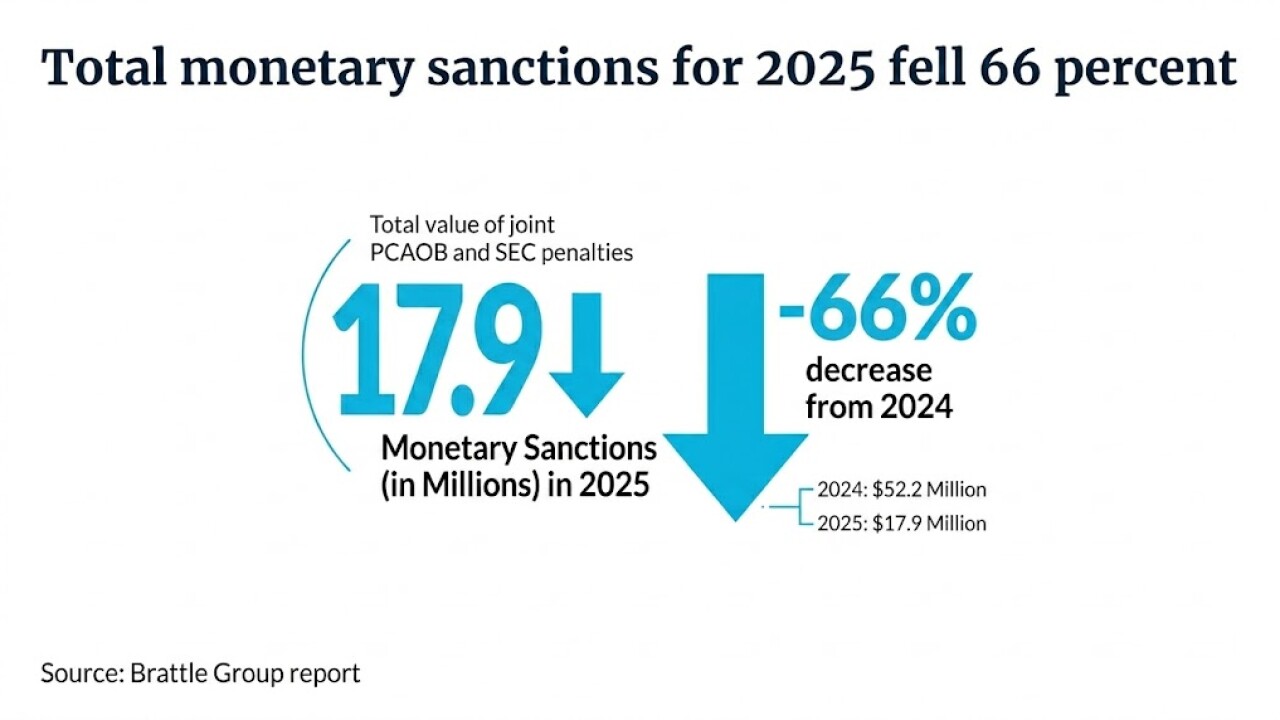As G8 leaders met in Northern Ireland for a summit focused on increasing financial transparency and tax information exchange, 150 business leaders and investors also gathered in Germany to advance a market-led solution to financial transparency.
They participated in a pilot program of the International Integrated Reporting Council to advance integrated reporting, a market-led solution to the growing problem of corporate reports that fail to reveal the true value created by business activities.
The Pilot Program conference featured many prominent businesses and investor organizations that together believe integrated reporting can contribute to increased transparency by embedding awareness of an organization’s value creation, business model and capitals at the heart of its reporting process. The IIRC introduced a
“Information is the lifeblood of capital markets, yet today’s corporate reporting is opaque,” said IIRC chief executive Paul Druckman in a statement. “Despite its volume, too often it fails the first test of transparency: clarity. All over the world we are hearing the same message from businesses and investors—that the reporting landscape needs a reboot. Today, we convene the businesses and investors who are the pioneers of Integrated Reporting, a new model that is being piloted in 25 countries. We hope policymakers will take note of this global market-led movement. The result will be transparency with a purpose—the purpose being to transform the behavior of businesses everywhere, as well as the behavior of their investors.”
Businesses participating in the Pilot Program include HSBC, Unilever, Coca-Cola, Hyundai, Rosneft, Petrobras, Deutsche Bank and Nissay Asset Management Corporation, and they are reporting on their progress at the conference.
“For us this is a really important project,” said HSBC Group chief accounting officer Russell Picot in a statement. “It has to succeed. At the moment, corporate reporting has a very heavy compliance burden to it, and sometimes that burden gets in the way of communication to all the stakeholders. So we believe this project is very important with a seriously good opportunity to succeed.”
Support for integrated reporting is coming from multiple audiences, as the key to unlocking the benefits of transparency, namely, market resilience, financial stability and sustainability. Li Yong, Vice Minister of the Ministry of Finance in the People’s Republic of China, said, “I firmly believe that with China's active participation, the concepts of Integrated Reporting and its good practice will provide useful reference to us and promote further reform of Chinese corporate reports."
Druckman thanked PwC, the partner and host of this year’s Pilot Program Conference. “Their expertise, as well as the many hours devoted to the planning of each session, will contribute to a highly successful and valuable conference,” he said.
PwC hosted the International Integrated Reporting Council conference in Frankfurt, Germany, with international companies and investors who are participating in the IIRC pilot program to test and help develop the integrated reporting framework that aims to give a more informative view of a business.
Integrated reporting provides an approach for businesses to report on how financial and non-financial key performance indicators, such as strategy, governance, performance and sustainability, lead to the creation of value. It has become a hot topic of late among companies and investors, as well as the subject of a recent U.N. paper, and has become a key theme of the G8 meeting this week (see
At the conference, PwC discussed the findings of its research into the current reporting of the pilot companies and where change will be needed to align with the integrated reporting framework.
Companies involved in the IIRC’s pilot program say that they can now better judge the risks and opportunities of their businesses because integrated reporting facilitates a more holistic way of thinking and managing, according to PwC.
In particular, IIRC pilot companies find that integrated reporting provides a clearer view of the business model (95 percent), breaks down internal silos (93 percent), and increases board focus on exactly what the key performance indicators for the business should be (95 percent).
PwC’s survey of 50 companies involved in the IIRC’s pilot program also found that only one quarter of the participants are already successful in communicating how the business creates value. Eighty-three percent discuss future market trends, but only 40 percent of those link market discussion to strategic choices. Seventy-one percent of the pilot companies explicitly identify their key performance indicators. About 47 percent of businesses had some targets for these indicators, but only 17 percent clearly align KPIs and strategic priorities. Ninety-six percent report their principal risks, but only 23 percent integrate their risks into other areas of their reporting, linking to strategy, business models and KPIs.
The majority of the survey respondents do not yet integrate their financial and non-financial performance in their reporting, suggesting that there is some distance to go on building understanding within business around how organisations create and destroy value (not just creating returns for their shareholders), and further, how this affects their future prospects.
“I believe integrated reporting is vital to properly communicate the way we do business today, rather than 50 years ago,” said Richard Sexton, global assurance leader elect at PwC, in a statement. “Without it, trust in business and our capital markets will suffer, because investors and others will not have a clear picture of business—the risks and the opportunities, the performance and prospects. It’s important for all of us to get started and make progress with integrated thinking and reporting—but we have to remember that integrated reporting is in its early stages and still being tested. Adopting the principles is a journey that should benefit businesses and wider society as it builds trust in our capital markets.”





